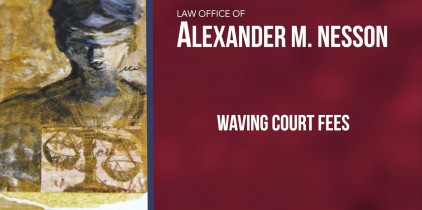As most people are aware there are a lot of concerns about social media with issues of privacy and concerns about who you and your children might be “friending”. In today’s legal climate there are a lot of legal risks associated with the internet that people are not aware of. It is a fairly common practice for school resource police officers to troll social media for students who might be on YouTube, Facebook, My Space and other social media tools, to monitor their activities. In some cases they have taken out criminal complaints if what they found on the social media appears to be a crime.
I just recently had one case in which the school resource officer went as far as charging my client along with a friend of his with the eavesdropping statute for essentially taking a video of another party, supposedly without that other party’s permission. You do see charges whether it is an assault or minor in possession or other crimes that can be viewed.
In addition, it is a common practice among probation officers to look for the probationers and their friends on social media networks to see if there are any posting or pictures showing in violations of their probation. This might include minor in possession of alcohol or talking about it or marijuana or other questioning activities. I have been in court where I have seen children who have ended up being committed to DYS or the house of corrections based on what was posted on the social media networks.
In Divorce and Family Law (including custody cases), one of the major evidence gathering techniques for lawyers is looking at what people post online and using that as evidence against them. I have had several where parents have lost custody because of ill advised posted on commenting that their children and others might have seen. On line postings are being used as factors in divorce, family law, guardianships and other cases, such postings include: people who were prohibited from contacting children; comments about the children; comments about their lives; and relationships that they are in.
DCF is now monitoring social media sites to gather their information about their clients. In some cases they have used what is going on with their clients some of the evidence that they gathered to terminate parental rights.
Never mind the old adage about not using business email to talk about personal information which companies can later access that if there is litigation, particularly if it is against the company. Now, as well, people have to be aware of what they are saying about their employer or co-workers.
In addition, in civil cases, people are using evidence gathered from Facebook, YouTube and other social media sites. People have to be very careful because it is a fairly new media and the courts have not been consistent with how they are dealing with it. In general, probations officers, police officers, defense and plaintiff’s attorneys are using such evidence as a fairly dramatic tool, especially when there are photos or postings that can undermine people’s cases. People should be aware of the extent to which their activities and thoughts posted on social media sites might compromise their legal positions and put them in jeopardy.







